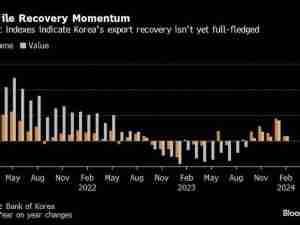London financiers are keeping the faith that despite being left out of the Brexit trade agreement, their industry can win back some access to the European Union in the next round of talks.
In a poll of hundreds of executives at banks, money managers and insurers by the consulting firm EY, 76% said they expected the EU would grant some form of equivalence decisions, opening the doors to more market access. An even more optimistic 8% of those polled expected a sweeping equivalence pact, allowing London bankers to do many forms of trading.
The British government said Tuesday that it will start a new round of talks with the EU on regulatory cooperation. According to Prime Minister Boris Johnson’s spokesman, the first step will be a memorandum of understanding on regulatory cooperation, which the U.K. hopes to reach by March.
Some financial firms are hoping that “equivalence decisions could form part of, or rapidly follow” that initial agreement, said John Liver, a U.K. financial-services partner at EY.
The EU side has cautioned, however, that London shouldn’t expect quick decisions, and that the talks could drag on—especially if the U.K. diverges from European rules.
While the U.K. started 2021 with an almost identical set of rules as the bloc following a post-Brexit transition period, British officials are contemplating modifications in a number of areas. Chancellor of the Exchequer Rishi Sunak has hinted the potential changes could become a “Big Bang 2.0,” akin to Margaret Thatcher’s deregulation in the 1980s.
A pessimistic 15% of those surveyed by EY predicted no equivalence rulings at all. Last week, Aquis Exchange Plc Chief Executive Officer Alasdair Haynes said it was “dreamland” to expect any equivalence within months, predicting “it will take years, if ever.” His London stock-trading venue had just seen almost all of its European share trading move to a Paris affiliate.
Only 26% of respondents in the EY poll, which was conducted during a webinar a week after Britain fully left the EU, said they expected their firms to relocate U.K. staff to the EU this year. Only 3% said the moves would be significant.
“Many of the moves to the continent have already happened, and as we know, the numbers to date have been smaller than many forecast over four years ago,” Liver said.








